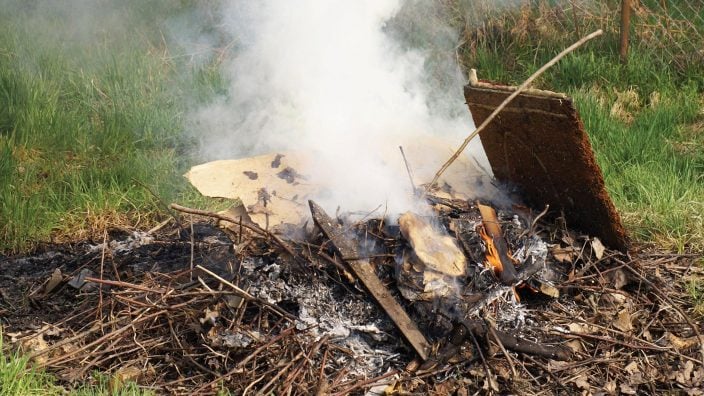Legal with Leah: The questions around data centers
Leah Curtis joins this Legal with Leah to talk about what data centers mean for local communities and how to stay engaged in the development process
Read MoreDuring the months of March, April, May, October and November, open burning in Ohio is prohibited during the hours of 6 a.m. to 6 p.m.
On the previous Legal with Leah, Ohio Farm Bureau’s Policy Counsel, Leah Curtis talked all about the EPA side of open burning. Now we are back to talk about one more aspect of open burning that landowners need to be aware of.
Note: The state fire marshal has ordered a regional burn ban effective Sept. 6, 2024.
Listen to Legal with Leah, a podcast featuring Ohio Farm Bureau’s Policy Counsel Leah Curtis discussing topics impacting farmers and landowners.
Ty Higgins [00:00:00] Ohio Farm Bureau wants landowners to have quality information to help manage their property. That is where the newly updated Ohio Landowner Toolkit comes into play. It covers everything from how CAUV reduces your tax burden to learning the basics about your property and the law. Leah Curtis, policy counsel for Ohio Farm Bureau, joins us for this Legal with Leah to continue our conversation about a very hot topic in the landowner toolkit. See what I did there, Leah. Open burning. Last time we talked about the EPA’s side of open burning. Now we’re back to talk more about the aspect of open burning for landowners that they need to be aware of. Besides the EPA, there’s another state agency that may have concerns about burning.
Leah Curtis [00:00:42] Yeah, you can resist that, dad joke, could you Ty?
Leah Curtis [00:00:44] The EPA we talked about last time. They’re looking more from an environmental and air quality side of things. I think we all have dealt with a lot of air quality issues related to wildfires recently. So that’s what they’re kind of looking out for. We also have what people often refer to as the ODNR Department of Natural Resources burn ban, which is looking more at the standpoint of protection of our natural resources. And then, of course, remember as well, you also have your local fire department, and they’re more concerned about safety of life and property when you’re talking about open burning.
Ty Higgins [00:01:16] ODNR has an important restriction on burning that landowners need to be aware of as well.
Leah Curtis [00:01:22] So this burn ban, we often refer to it as the ODNR burn ban, it prohibits burning in unincorporated areas. So that’s going to be most rural areas during certain times of the year and times of day. These restrictions are due to the likelihood of fires spreading during these certain times of year, either due to what might be commonly dry conditions or high wind conditions that can often encourage fire to spread easily and easily get out of control.
Ty Higgins [00:01:47] What time is that burn ban in effect?
Leah Curtis [00:01:50] So during the months of March, April, May, October and November, and then the open burning is prohibited during the hours of 6 a.m. to 6 p.m. So it’s just a handful of months but and during those times. But those are times when we do have those higher winds or we may have some dry, windy conditions that can often create fire hazards.
Ty Higgins [00:02:12] Important to note this is not a complete ban. Burning could still occur during these times under certain conditions.
Leah Curtis [00:02:18] So even during those months, even during those times, a landowner can still conduct open burning. What the law says is that fire should be set within a plowed field or garden and be at least 200 feet away from any woodland brush land or fields of dry grass. And of course, these are in addition to the EPA limitations that we talked about last time. So those size limitations and those restricted and unrestricted aerial limitations.
Ty Higgins [00:02:42] Now, this is, of course, part two of this open burning conversation on the Legal with Leah podcast. In the very first one you mentioned how it’s a good idea to check in with local fire departments as you begin these open burning processes. Why is that important? And what else should land owners think about when it comes to open burning?
Leah Curtis [00:02:59] Yes, like I said, your fire department is concerned about safety of life and property. And so talking with them beforehand can help to prevent these misunderstandings. We have a lot of well-meaning people. They may drive by or maybe a neighbor might see smoke or see flames. They’ll be concerned. They may contact the fire department. If the fire department already knows that you’ve planned a burn, they can probably handle that more appropriately than just going on to a call unnecessarily, kind of wasting everybody’s time and resources. And then in addition, like with a lot of things that we do on the farm, it’s always a good idea to give our neighbors a heads up, too. You know, we don’t want to be sending smoke into their graduation party or something like that. So talking with your neighbors, finding out what’s happening in their lives and trying to plan appropriately can help to just solve any problems before they start and keep everybody on a good path.
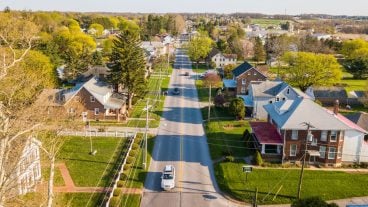
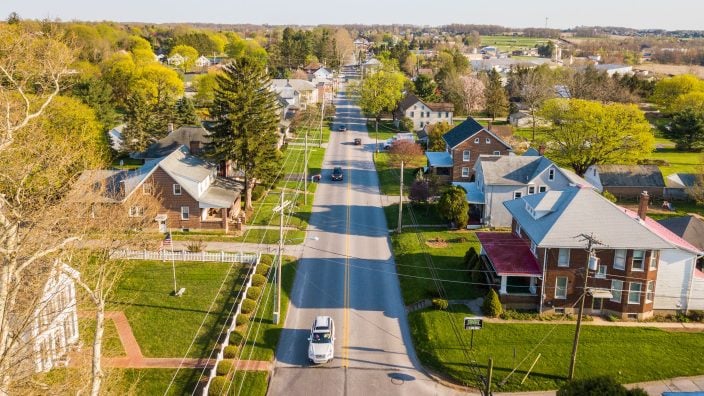
Leah Curtis joins this Legal with Leah to talk about what data centers mean for local communities and how to stay engaged in the development process
Read More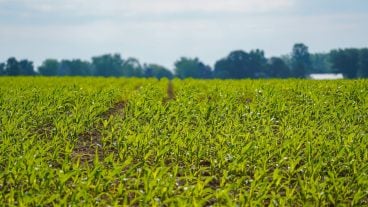
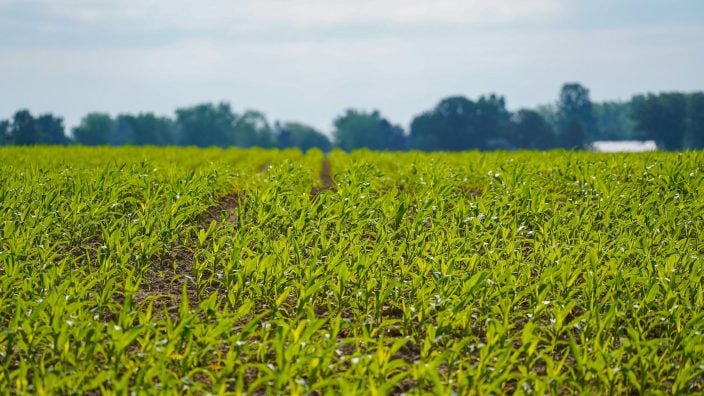
Ohio Farm Bureau advocated for a change in the law to allow family members and employees to handle pesticides while under the supervision of a licensed applicator. The rules around HB 10 are being finalized.
Read More

Four property tax reform bills were signed into Ohio law at the end of 2025. Ohio Farm Bureau Associate General Counsel Leah Curtis breaks down the bills and what the changes mean for Ohioans.
Read More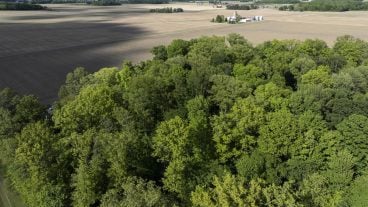

Learn what the requirements are to legally fly a drone in Ohio as well as steps the Ohio Legislature has taken in terms of security concerns.
Read More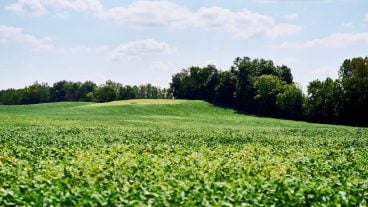
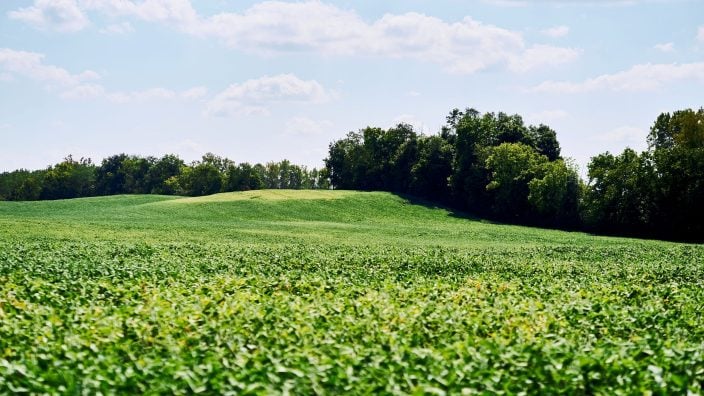
In 2025, about 21 counties are going through a reappraisal or update, and because Ohioans pay taxes one year behind, they will see new property tax bills in January 2026.
Read More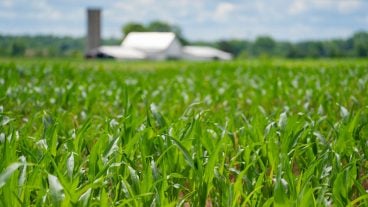
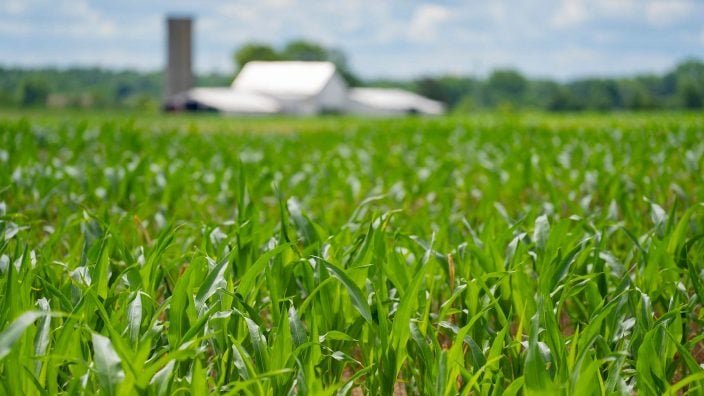
Any unlicensed handlers who use restricted use pesticides will need to have additional training. Farm Bureau will be working on legislation to give employers a choice on how to provide training.
Read More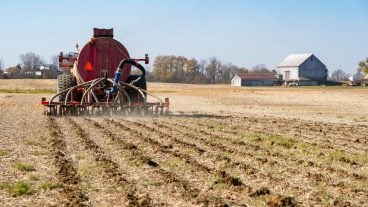
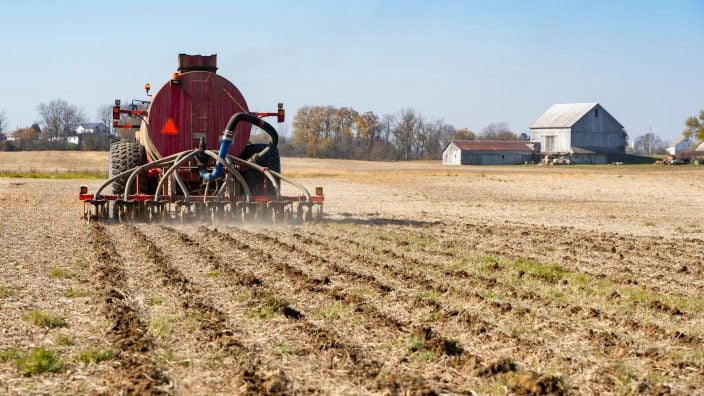
Current Agricultural Use Value is often discussed as a farmland preservation tool, but there are some other tools in the law that landowners can consider.
Read More

Update: As of Feb. 27, 2025, the Financial Crimes Enforcement Network announced no fines, penalties or enforcement action will be taken against companies based on failure to file or update BOI by March 21.
Read More

Update: As of Feb. 27, 2025, the Financial Crimes Enforcement Network announced they would not issue any fines or penalties or take enforcement action against companies based on failure to file or update beneficial ownership information reports by the March 21, 2025, deadline.
Read More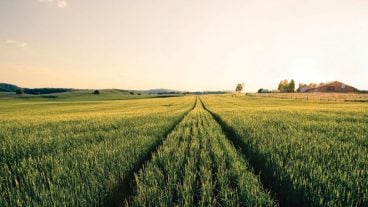

Update: As of Feb. 27, 2025, the Financial Crimes Enforcement Network announced they would not issue any fines or penalties or take enforcement action against companies based on failure to file or update beneficial ownership information reports by the March 21, 2025, deadline.
Read More